Morocco
Morocco has officially become Africa’s most visited country, attracting 17.4 million international tourists in 2024, according to a Ministry of Tourism report.
This marked a significant leap of 20% from the previous year and a 33% jump compared to 2019’s pre-pandemic figures of 13 million.
The surge in visitors pushed Morocco ahead of Egypt, the continent’s previous tourism leader, which welcomed 15.7 million tourists last year, also a record for the nation.
“This milestone brings us closer to our goal of ranking among the world’s top 15 tourist destinations,” said Tourism Minister Fatim-Zahra Ammor. To achieve that ranking, Morocco would need to outpace countries like Japan, which recorded 25 million visitors in 2023.
Revenue from tourism also saw a sharp increase, hitting $11 billion in 2024, up from $10.5 billion in 2023. While Egypt maintained an edge in earnings with $14.1 billion last year, Morocco’s upward trend is fueled by key developments.
A major driver of Morocco’s tourism boom is the addition of 120 new airline routes, including American Airlines’ direct Newark-Marrakech flight. Luxury hotel openings from brands like Four Seasons and Nobu have further elevated the country’s appeal.
Exciting events are set to amplify Morocco’s global presence. This year, it hosts the Africa Cup of Nations (AFCON), and in 2030, the country will join Spain and Portugal in hosting the FIFA World Cup. These developments are projected to push annual tourist arrivals to 26 million by the end of the decade.
Morocco’s soaring success underscores its rise as a premier global destination, with no signs of slowing down.



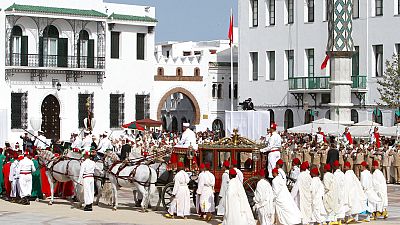

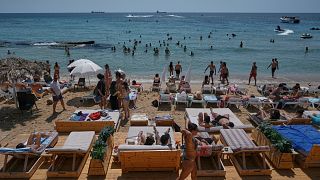


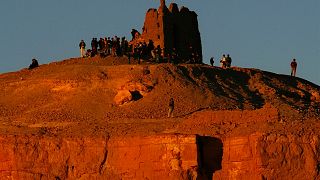

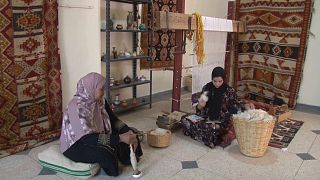


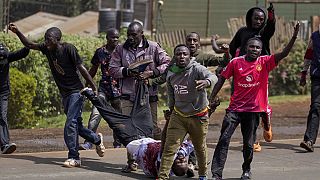
01:30
Top South African official accuses police minister of colluding with crime syndicates
Go to video
Museveni to run again as Uganda's ruling party picks him for 2026 election
Go to video
US deports eight men to South Sudan after legal battle
Go to video
Tanzania’s Prime Minister steps down ahead of elections
01:00
Pix of the Day: July 3, 2025
Go to video
’Black Empowerment’ law stalls Elon Musk's $113 million investment in SA